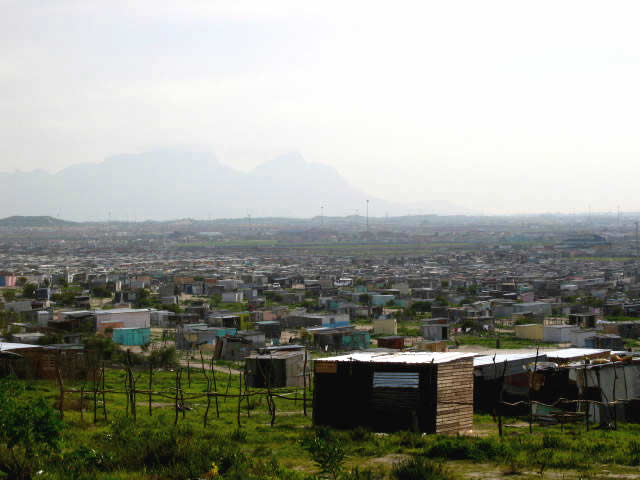| |
E-Systems' work is based upon several premises:
We still have no clear idea what "sustainable development" really means and credible examples are scarce. Too much attention is focused on single "sustainable resource use", rather than how to deliver a whole range of goods and services so that people in different cultures and climates can lead a dignified life.
Sustainable development is unlikely to merely emerge from conventional approaches of “using markets, transferring technology, and strengthening institutions”.
The constraints include:
-
Market imperfections (dependence upon idealized assumptions; difficulties valuing externalities;
purchasing power reflecting distribution of wealth).
-
Complex linkages between individual or firm behavior and price changes create consumption
and investment decisions that are insensitive to cost.
-
The implementation difficulties and long lead-times needed to correct so-called "market failures"
with new or higher prices.
-
Single technology-focused programs that do not meet more complex local needs or integrated approaches.
-
Demoralized domestic and international development assistance agencies, which have resisted reforms for decades.
International negotiations and conferences often reinforce deep divisions between developed and developing countries on how to strike a balance between economic growth and care of global resources. Little concrete action has resulted, at great cost.
At the local level, it remains extremely difficult to bridge differences among stakeholder interests: technical experts, NGOs, local governments, and established financial and development institutions. We assume that if we provide sufficient funds and research and training, somehow these interests will come together, spontaneously. Yet, a range of immediately profitable energy, agricultural, and waste utilization alternatives are not being adopted-the interests are not cooperating.
No practical analytical framework (e.g. indicators or models) allows business or governments to capture the links between resource use, pollution, income, employment, capital formation, government revenue, and business profits. This means poor policies, poor investments in technology, and poor building and settlement design.
Finally, markets (if truely open) allocate resources efficiently, but are less reliable in meeting social needs. Historically, most governments have needed to intervene to promote strategic goals: to create stable legal and monetary systems, social welfare and education systems, and critically needed technologies.
Fragmented, narrow, indirect efforts to stimulate sustainable development will continue to yield disappointing results. A new approach is needed.
|
|

Khayelitsha, Cape Town, South Africa
|

